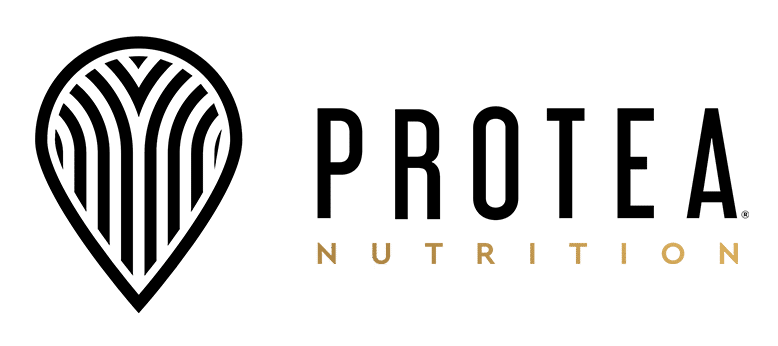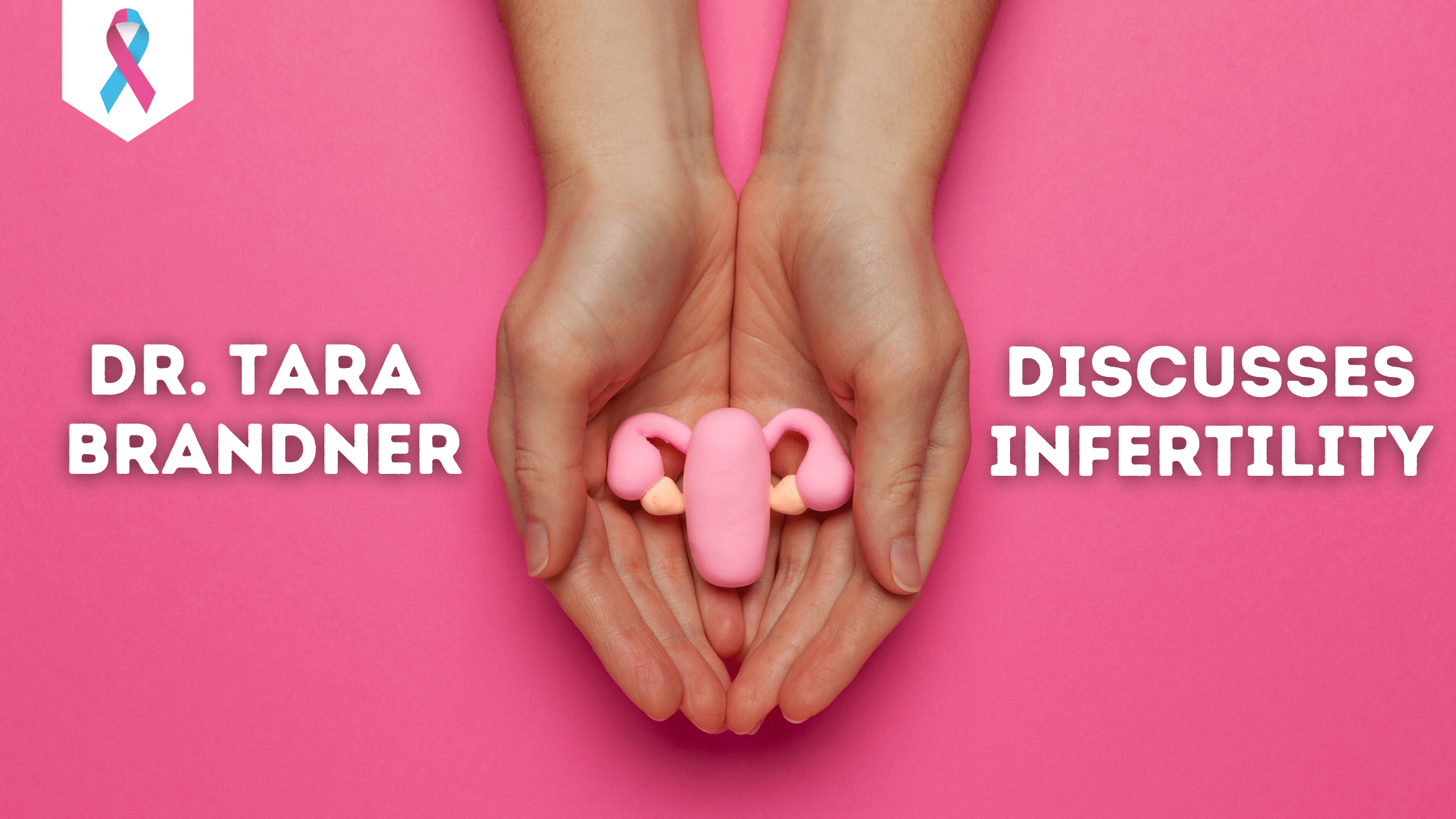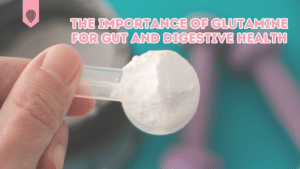April 24 through the 30th is National Infertility Awareness Week. 1 in 8 individuals or couples has trouble getting pregnant or sustaining a pregnancy. Infertility is a disease or condition of the reproductive system often diagnosed after a couple has had six months to one year of unprotected, well-timed intercourse or if the woman has suffered from two or more miscarriages. However, if you feel you have symptoms that concern you, please seek an evaluation sooner. Infertility affects women and men equally, so it is always essential to ensure your partner gets tested and follows a healthy lifestyle.*

61% of women going through infertility don’t tell their family or friends about this struggle. Infertility is the fourth most traumatic life event a woman can go through, equivalent to losing her parents. Studies show that getting fertility treatments is as stressful as undergoing cancer treatments. One month following a loss, 29% of women experienced PTSD, 24% experienced moderate to severe anxiety, and 11% experienced moderate to severe depression. Additionally, cost is the number one barrier to infertility medical treatment as insurance law does not cover infertility treatment. If you think you may have infertility or are going through this journey already, here are some tips to help you navigate.*
- Follow your intuition or that “gut” feeling. If something doesn’t feel right with your body, seek a medical provider who will listen to you and do a comprehensive workup, even if it hasn’t been 6-12 months of trying to conceive. You know your body best, always follow that feeling or nudge. If you absolutely can not find a provider who will order appropriate testing, several companies have home hormone testing you can have delivered straight to your door. If you are already going through treatments and have failed cycles, consider seeking a second opinion from a new clinic.*
2. Learn how to track your monthly cycle. This may seem basic, but I often see women missing their ovulation phase. Following an app on your phone is great for knowing when to expect your period but not for tracking ovulation. Understanding signs of ovulation such as cervical mucus changes and following your LH and progesterone levels with a tracking system are essential to successfully identifying your optimal time for conception.*
3. There are things you can do now to support your fertility no matter what stage of conception you are in. One is ensuring you take high-quality supplements, including prenatal such as Nourish+. Another favorite is Baseline+, designed to support healthy female hormone levels. If your healthcare provider is not comfortable supporting your decision to take supplements, find one who is and will support this decision. Create a fertility friendly daily lifestyle such as daily activity, quality sleep schedule, and incorporating daily mindfulness practices.*

4. Surround yourself with support, and do not feel obligated to share what you are going through with people. Deciding to share your journey can be one of the most challenging decisions, yet it can lead to relief. This road is lonely, isolating, and full of every emotion imaginable. There are amazing support groups available to find others to connect with who are also going through infertility.*
5. Be aware of your options and take control of your reproductive healthcare. You are in control of which route to conception you take, how fast or slow you go with testing and treatment, and who is on your healthcare team. If you are presented with an option and it doesn’t feel right, seek a second or third opinion. You get to decide! Find a provider who takes the time to listen to you, acknowledges your concerns, and is familiar with the latest guidelines and recommendations for diseases that lead to infertility. Not all providers and clinics are equal or the same.*
Know that you are not alone in this journey. There is an amazing community to support you through your journey to conceive and beyond.
*These statements have not been evaluated by the Food and Drug Administration. This product is not intended to diagnose, treat, cure, or prevent any disease.

Blog written by Protea Nutrition affiliate Dr. Tara Brandner DNP, FNP-C
Website: www.tarabfertility.com IG/ Facebook : tarabfertility
Podcast: Hopeful Hints: An Infertility Podcast





